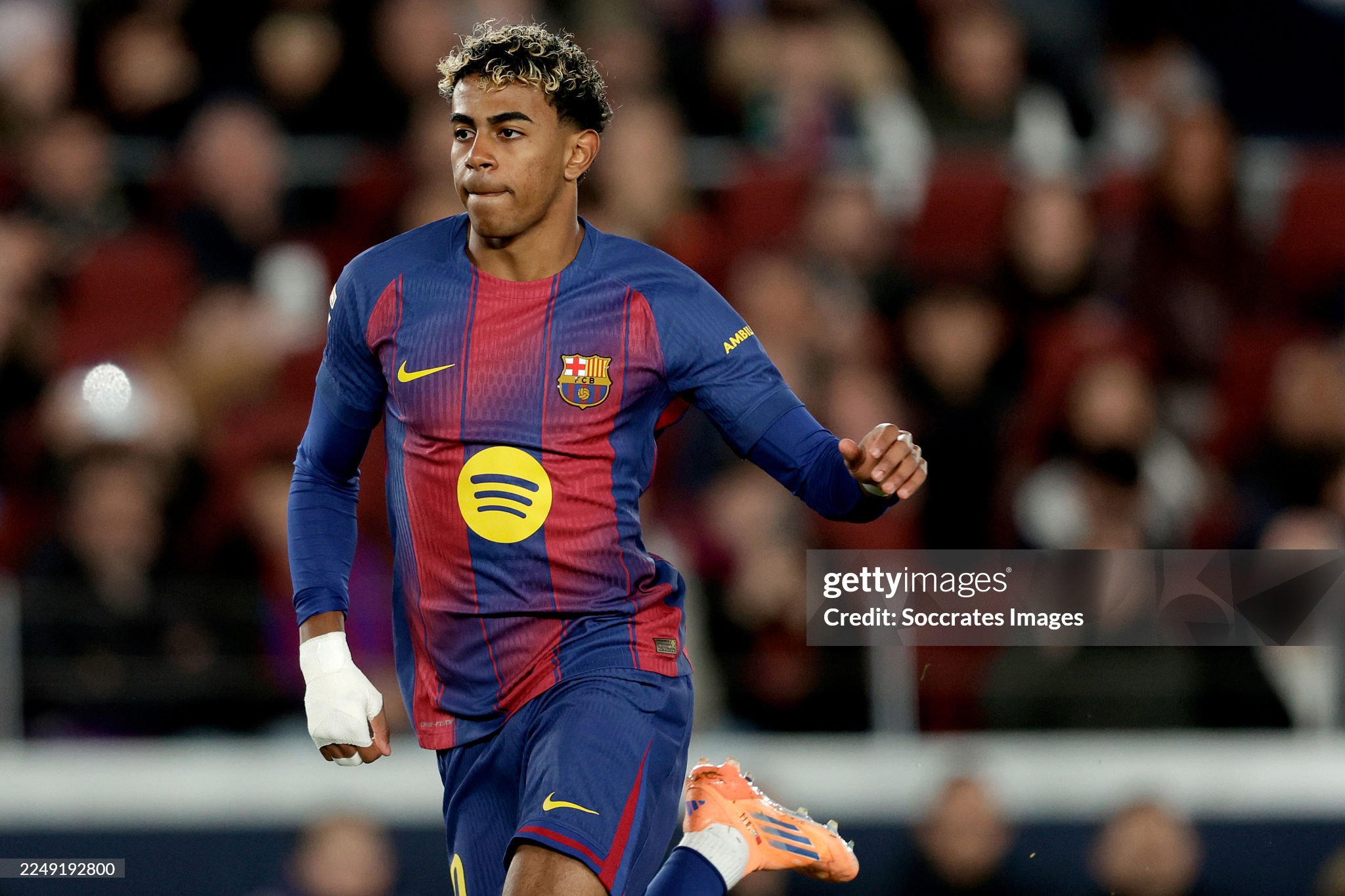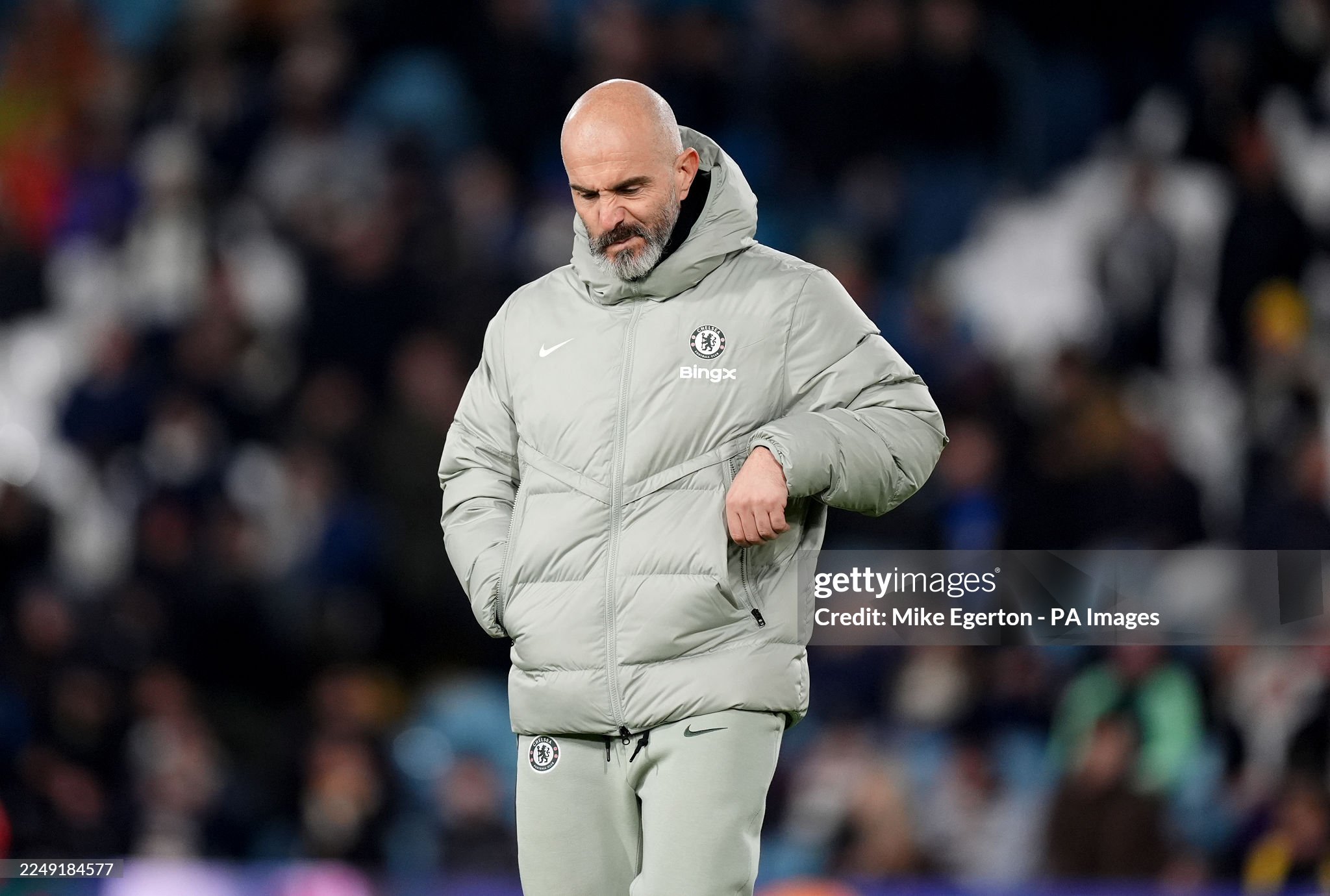Borja Iglesias, exceptional in goals and in causes, voices his convictions without fear. He enchants in Vigo and returns to the Spanish national team without giving up on his calls for change.

Borja Iglesias is a player who cannot be described simply by his goals, though he has scored plenty of them throughout his career.
At 32 years old, the Galician striker finds himself in the middle of a renaissance. After leaving Betis to return to his beloved Celta de Vigo, a club that has always been close to his heart, he has not only rediscovered his smile on the pitch but also forced his way back into the plans of the Spanish national team. His story is one of resilience, conviction, and a refusal to compromise either on the field or in life.
In recent weeks, Iglesias has been in irresistible form: six goals in his last ten matches, a run that has reminded everyone why he was once regarded as one of La Liga’s most dangerous finishers. But beyond the numbers, there is the joy, the charisma, and the emotional connection he has rekindled with the fans at Balaídos. Returning to Vigo was not simply a professional decision; it was an act of love. He left Betis, where he had been a symbol of passion and commitment, to wear the Celta shirt again and to try to help the team where he once grew up. His performances have confirmed that this was not a romantic whim but the right move for a player still capable of deciding games at the highest level.
Borja’s story is unusual in many ways. He is a striker who laughs as easily as he scores, a footballer who embraces causes, who speaks openly about politics, equality, and justice topics many of his peers shy away from. His nickname, “El Panda,” tells you a lot about the man. Adopted during his magical 2016/17 season with Celta B, when he scored 34 goals in 39 games, the name came from the hip-hop track “Panda” by Desiigner, which he and his teammates played constantly in the dressing room. From then on, Borja became “El Panda,” and he leaned into it, using the nickname as a badge of lightheartedness, relatability, and joy. It followed him through Zaragoza, Espanyol, Betis, and even to Germany, where he made history at Bayer Leverkusen by winning the Bundesliga in 2023/24.
Yet Borja is not only defined by his footballing success. He first entered the Spanish national team under Luis Enrique and later under Luis de la Fuente, but he also made headlines when he stepped away, refusing to play after the scandal involving Luis Rubiales and Jenni Hermoso. At that moment, he prioritized his principles over his career, publicly condemning the harassment and the culture of impunity he saw at the top of Spanish football. It was a risky move, but it showcased his courage and values. With Rubiales now gone and the federation reshaped, Borja accepted a new call-up. This weekend, against Georgia in a 2-0 victory, he came on in the 65th minute, once again wearing the red of La Roja.
His activism extends well beyond football. In Spain, where footballers are often reluctant to speak out, Borja is a rare voice willing to provoke debate. When protests by pro-Palestinian groups disrupted the Vuelta a España cycling race, he commented: “I don’t understand why people argue about those who stop a race but don’t do more to stop a genocide.” A statement like that is not designed for applause; it is designed to make people uncomfortable, to push them to think. He even added, in reference to football itself: “I hope that if I’m about to score a goal, someone throws a Palestinian flag into the net; I’ll be happy if the goal is disallowed.” These remarks might unsettle sections of the fanbase, but they underline Borja’s willingness to use his platform for more than sport.
He has faced backlash on social media for other reasons as well. After attending a wedding with a handbag, he was mocked with homophobic slurs. His response was swift and sharp: “To those living in prehistory, I send you my best wishes.” That has been Borja’s way: confronting prejudice not with anger but with firmness and wit. Over the years, he has consistently spoken out against racism, homophobia, and inequality, often lending his face and name to campaigns. “Being a footballer doesn’t mean you cannot have an opinion,” he once explained. “I am aware of my responsibility because of the social reach I can have.”
Those who know him best, such as his former Celta B teammate João Camacho, describe him as a rare personality in football. Camacho, now playing in Turkey, recalled: “We had an excellent relationship. His quality was obvious he was going to be a great player, and he really took off. But what impressed me most was his humility. He helped me a lot when I first arrived. He’s straightforward, he has his own ideas and convictions, and above all, he tries to help others. That’s his nature he’s very kind.”
Camacho also sees Borja’s bond with Celta as something almost spiritual. “For him, the club is everything. I didn’t understand how, after that season, he didn’t immediately break into the first team. But his value is clear to everyone. He has enormous love for Celta and is happy helping the club.” He also remembered with a smile the origins of the “El Panda” nickname. “It came from that song we always played in the dressing room. We even called ourselves the Panda Team.”
Now, as Borja Iglesias steps into a new chapter, he does so with the confidence of someone who knows exactly who he is. He is not just a striker; he is a symbol, a voice, and an example of how football and conviction can coexist. At 32, he has returned to Vigo, regained his scoring touch, and rejoined Spain’s national team. But perhaps more importantly, he has done it all without ever compromising his beliefs or silencing his voice. In an era when many prefer the safety of silence, Borja Iglesias continues to show that the strongest goals are sometimes scored off the pitch.







